Oz, Four Ways: Introduction
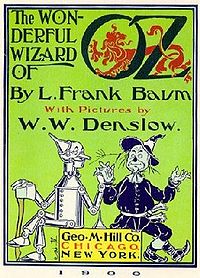 I decided a couple of weeks ago that I wanted to write at some length about L. Frank Baum’s The Wonderful Wizard of Oz and its various re-imaginings over the years (Why? Because, because, because, because, because…), but trying to find the right way to structure it has been giving me fits. I’ve got four very different styles and approaches here: a short juvenile novel, a movie, a long adult novel, and a Broadway play, and each presents the Land of Oz and its denizens in a different light with different priorities (see Note). I considered drawing an analogy to the four Gospels, but I would have had to torture the metaphor beyond recognition to make it work.
I decided a couple of weeks ago that I wanted to write at some length about L. Frank Baum’s The Wonderful Wizard of Oz and its various re-imaginings over the years (Why? Because, because, because, because, because…), but trying to find the right way to structure it has been giving me fits. I’ve got four very different styles and approaches here: a short juvenile novel, a movie, a long adult novel, and a Broadway play, and each presents the Land of Oz and its denizens in a different light with different priorities (see Note). I considered drawing an analogy to the four Gospels, but I would have had to torture the metaphor beyond recognition to make it work.
Anyhow, the situation suddenly reminded me of a recurring feature in my favorite airline’s inflight magazine. It’s called, “One City Five Ways,” and it outlines a quick guide to tourism in the featured city, divided into five parallel paths depending on the traveler’s interest. There might be one path for foodies, another for history buffs, art lovers, etc. In like manner, over the next four weeks, I’m going to give you “Oz Four Ways,” delving into it from the perspective of these four related works of fiction, film, and theatre:
The Wonderful Wizard of Oz, by L. Frank Baum.
The Wizard of Oz, an MGM film directed by Victor Fleming.
Wicked: The Life and Times of the Wicked Witch of the West, by Gregory Maguire.
Wicked, The Musical, with music and lyrics by Stephen Schwartz, production book by Winnie Holzman.
This series dovetails from a recent post by Becky Miller that dealt with monsters and the trend toward “rehabilitating” legendary creatures that have traditionally portrayed or symbolized evil. The Wicked Witch of the West came up, one thing led to another, and, well, here we are. Besides, I’m a Kansan, and I’ve got a vested interest in all the twisters and yellow brick and flying monkeys and magic shoes and annoying little dogs.
The Oz books aren’t Christian fiction, but it won’t take long to encounter many of the themes and issues we usually talk about here. It’s also a good illustration of how stories change when they’re translated from one form of storytelling to another and back again.
I really, most sincerely think this will be a good time. Just be sure to pay no attention to the man behind the curtain.
Note: I’m not including the film Return to Oz in my discussion, nor the musical/film The Wiz, nor the television mini-series Tin Man. Tackling every variation and spin-off of this universe could consume the better part of a year. If you’d like to fold those into the comments, have at it.



































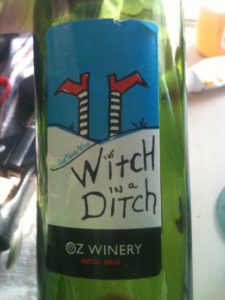
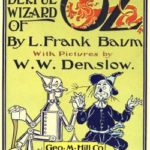
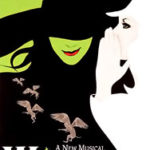

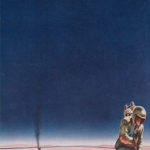




Sweet! Might have to give my theatre friend a heads-up–she loves Wicked.
Looking forward to the series 🙂
Oh, too bad about Tin Man. I had a lot of fun with it this week.